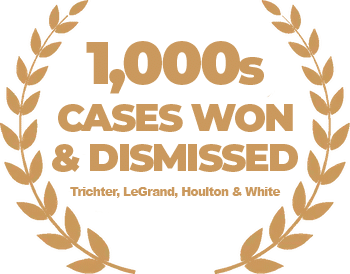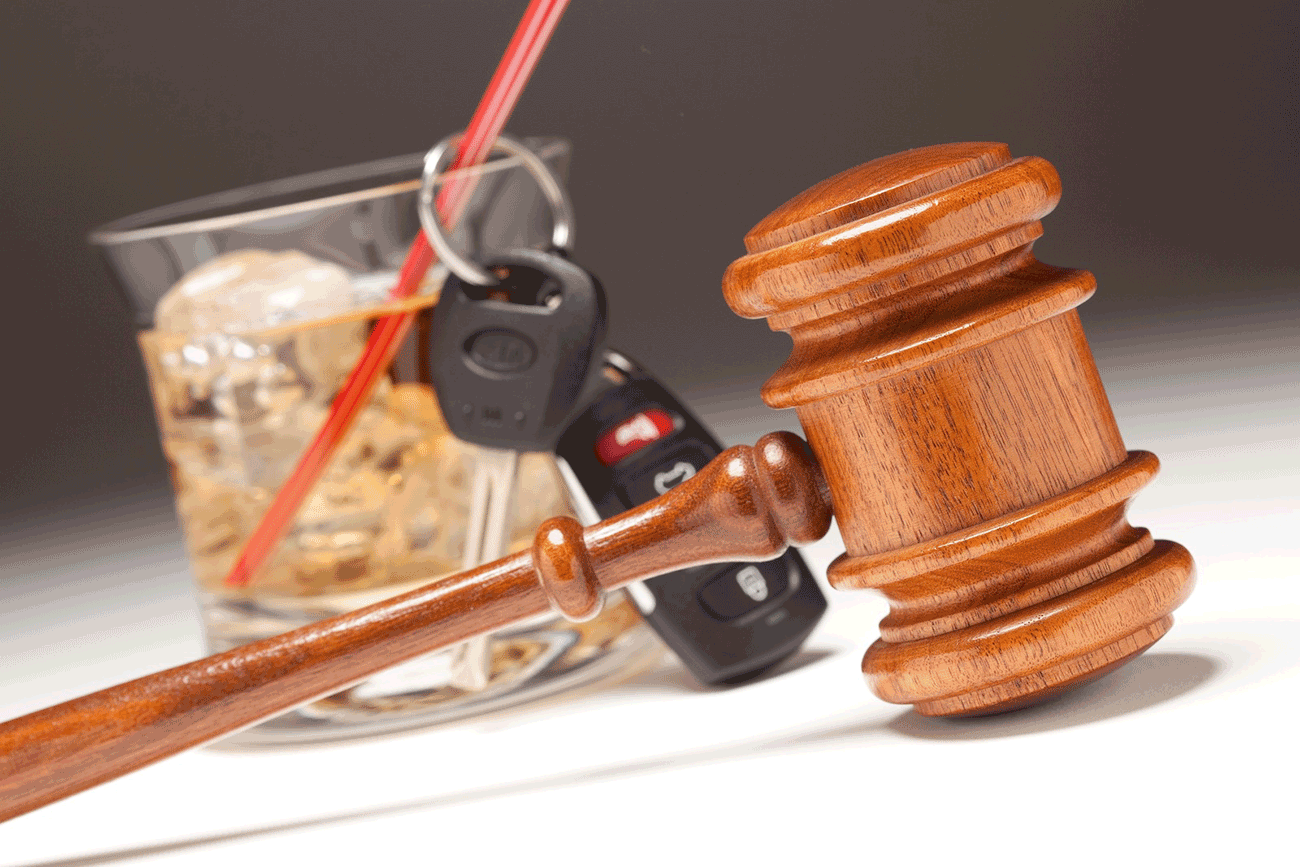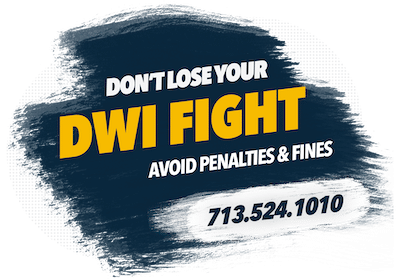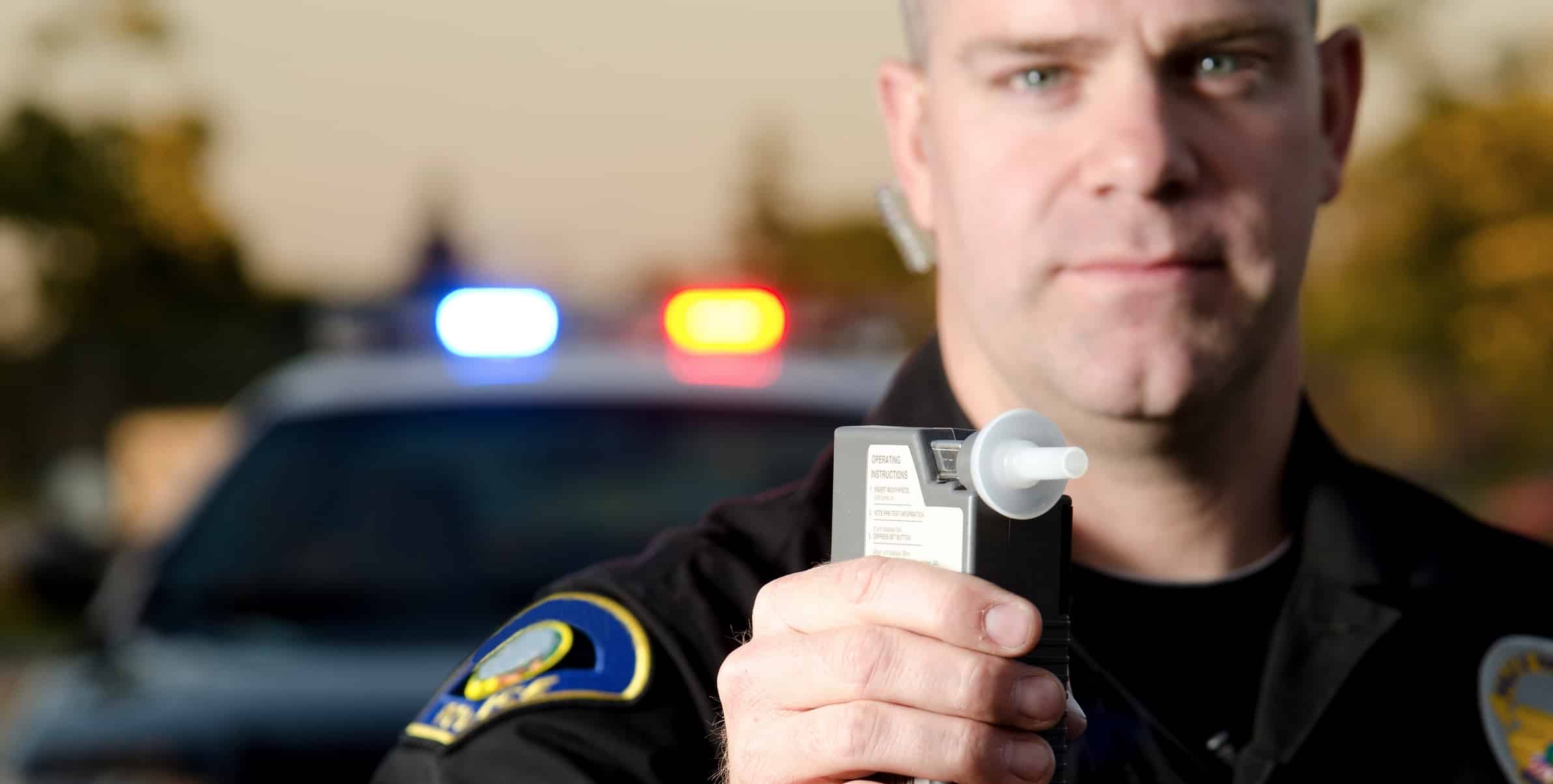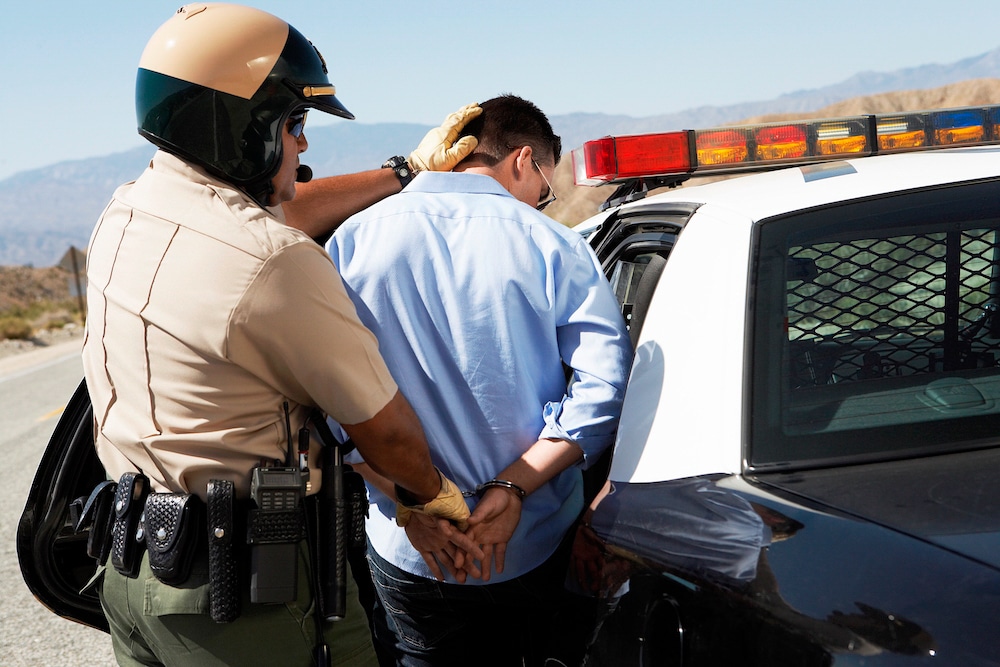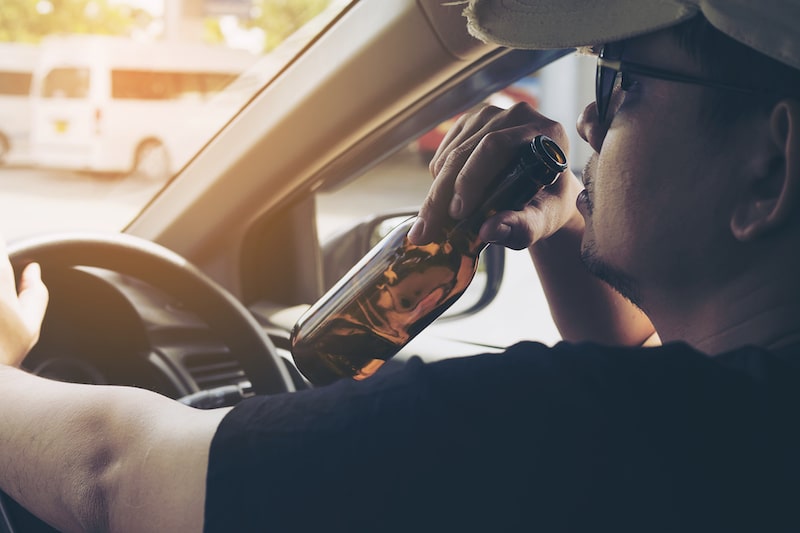
- HOME
- DWI
- What Is A DWI Specialist
- Arrested For DWI?
- DWI 2nd Offense
- DWI 3rd Offense
- Penalties For DWI
- Prior DWI Convictions
- DWI (Driving While Intoxicated)
- DUI (Driving Under The Influence)
- Drunk Driving Lawyer
- .08 Alcohol Concentration
- Felony DWI
- DWI with Child
- Intoxication Assault
- Intoxication Manslaughter
- DWI with CDL
- DWI Expunction
- Drivers License Suspension & ALR
- Impaired Driving vs Drunk Driving
- DWI & Gun Ownership
- Public Intoxication
- BWI (Boating While Intoxicated)
- FWI (Flying While Intoxicated)
- Drug Possession
- AVIATION
- REVIEWS
- PAYMENTS
- INFO
- ABOUT
- About Us
- DWI Specialist J. Gary Trichter
- DWI Lawyer Leslie LeGrand
- DWI Lawyer Aaron White
- DWI Lawyer Gregory Houlton
- Of Counsel Attorneys
- CONTACT
- HOME
- DWI
- What Is A DWI Specialist
- Arrested For DWI?
- DWI 2nd Offense
- DWI 3rd Offense
- Penalties For DWI
- Prior DWI Convictions
- DWI (Driving While Intoxicated)
- DUI (Driving Under The Influence)
- Drunk Driving Lawyer
- .08 Alcohol Concentration
- Felony DWI
- DWI with Child
- Intoxication Assault
- Intoxication Manslaughter
- DWI with CDL
- DWI Expunction
- Drivers License Suspension & ALR
- Impaired Driving vs Drunk Driving
- DWI & Gun Ownership
- Public Intoxication
- BWI (Boating While Intoxicated)
- FWI (Flying While Intoxicated)
- Drug Possession
- AVIATION
- REVIEWS
- PAYMENTS
- INFO
- ABOUT
- About Us
- DWI Specialist J. Gary Trichter
- DWI Lawyer Leslie LeGrand
- DWI Lawyer Aaron White
- DWI Lawyer Gregory Houlton
- Of Counsel Attorneys
- CONTACT
COMMERCIAL DRIVERS LICENSE DWI
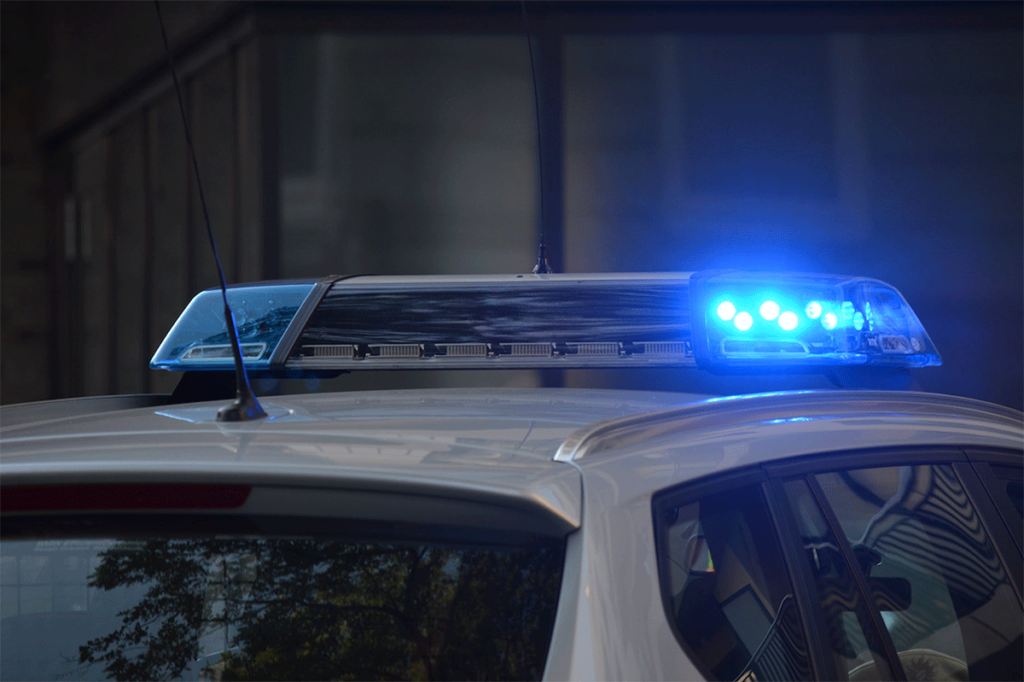
Being convicted of a DWI with a Commercial Drivers License (CDL) may result in a one year suspension, or three years if you were transporting hazardous materials at the time. A DWI is a serious charge, and a conviction may result in a number of serious penalties or consequences, which may be extended or modified if a CDL or commercial vehicle was involved.
You may be convicted of DWI with a CDL for any of the following circumstances:
- Operating a commercial or noncommercial motor vehicle while intoxicated in a public place
- Leaving the scene of an accident involving a motor vehicle driven by you
- Using a motor vehicle during the commission of a felony
- Causing the death of another person through negligent or criminal operation of a motor vehicle OR operating a commercial motor vehicle with a suspended Commercial Drivers License
In the event you have been charged with a DWI with a CDL, it may be a good idea to consult professional legal counsel so that you can better understand the charges, consequences of a conviction, and the process surrounding any trial that occurs due to the charge.
GET A FREE CONSULTATION
Additional Potential Penalties for DWI With a CDL
Depending on the circumstances of your charges, there may be additional penalties based on additional factors at the time your charges were placed. In the event these circumstances are met, your Commercial Drivers License may be suspended for one year. The circumstances are as follows:
- Refusal to submit to a breath or blood test to determine your alcohol concentration
- The results of your breath or blood test show an alcohol concentration of .04 or more
OR - A controlled substance or drug was present in your body while operating a commercial motor vehicle in a public place
- The results of your breath or blood test show an alcohol concentration of .08 or more
OR - A controlled substance or drug was present in your body while operating a motor vehicle in a public place
Severe Penalties Or Additional Charges
Again, depending on the circumstances of your DWI charge with a CDL, there could be more severe penalties and suspensions. A Commercial Drivers License DWI may include other, separate DWI charges if others were involved or impacted by any accident or result of driving while intoxicated.
In terms of more severe penalties related strictly to a Commercial Drivers License DWI, your CDL may be suspended for life under the following circumstances:
- You have been convicted two or more times of one of the offenses listed in Section 1 OR a combination of those offenses, arising from two or more separate incidents
- You use a motor vehicle in the commission of a felony involving manufacturing or distribution of controlled substances OR were convicted of any combination of two or more of the offenses listed in Section 1 and Section 2 arising from two or more separate incidents.
Multiple incidents that result in multiple charges or convictions for DWI (or DWI with a CDL) can result in stacking, or intensified penalties, suspensions, or fines. If you have been charged with a Commercial Drivers License DWI, or if you are on a second or subsequent charge, consulting with a professional DWI lawyer may help you better understand your case, charges, and potential penalties.
Reviews
TELL US ABOUT YOUR CASE
Form Submissions have a fast response time. Request your free consultation to discuss your case with one of our attorneys over the phone. The use of this form does not establish an attorney-client relationship.
The information on this website is for general information purposes only. Nothing on this site should be taken as legal advice for any individual case or situation. This information is not intended to create, and receipt or viewing does not constitute, an attorney-client relationship.
